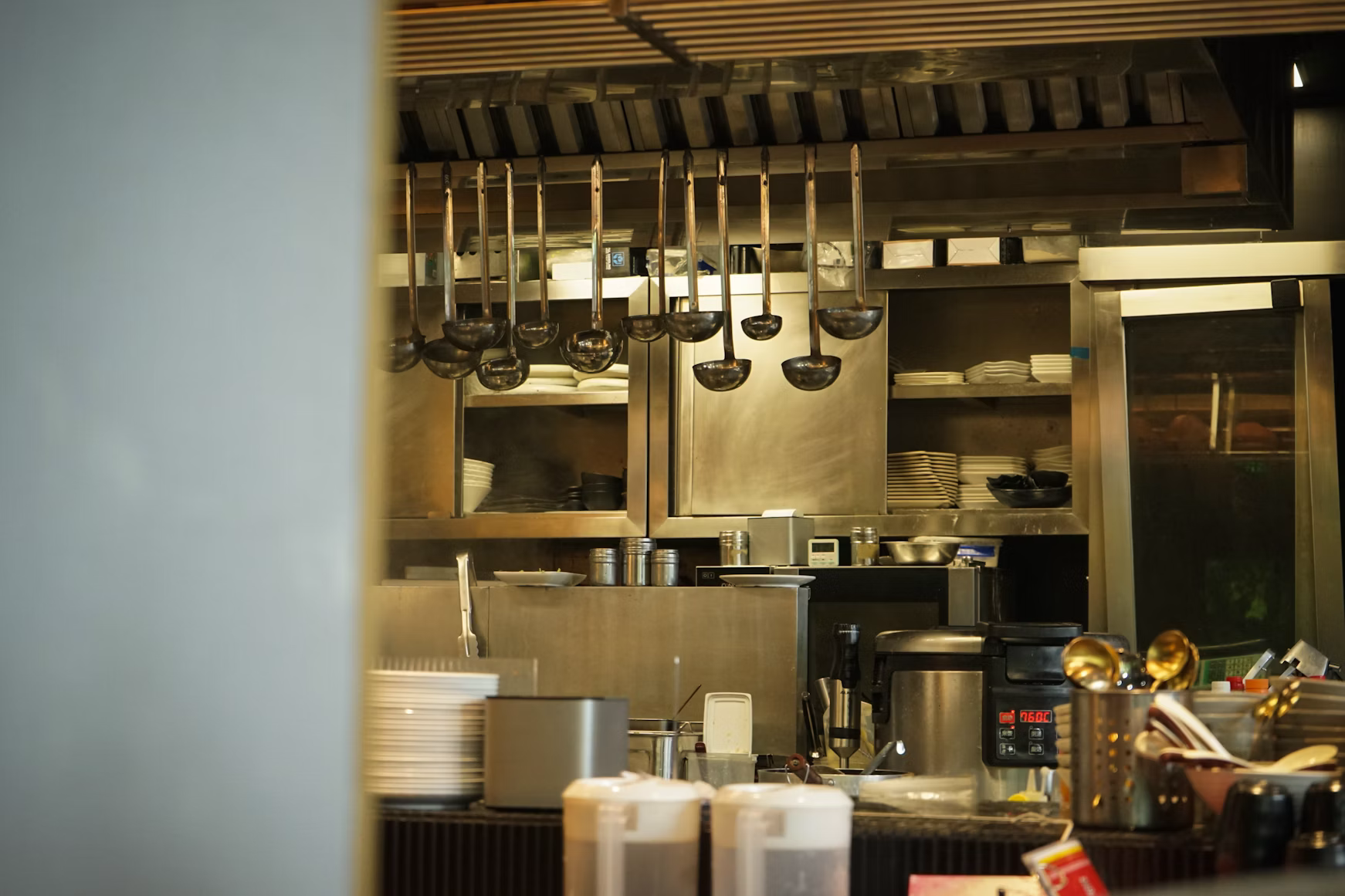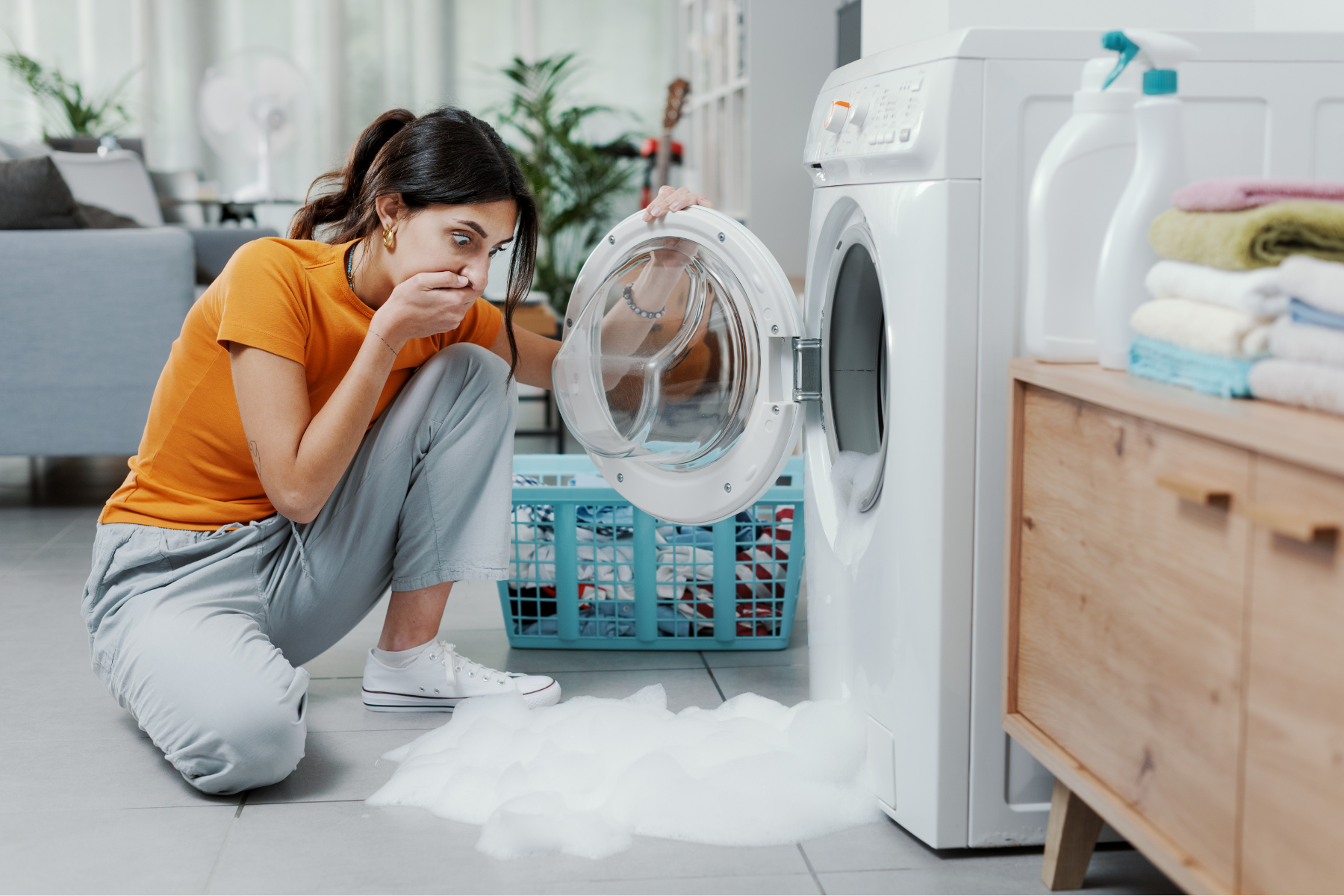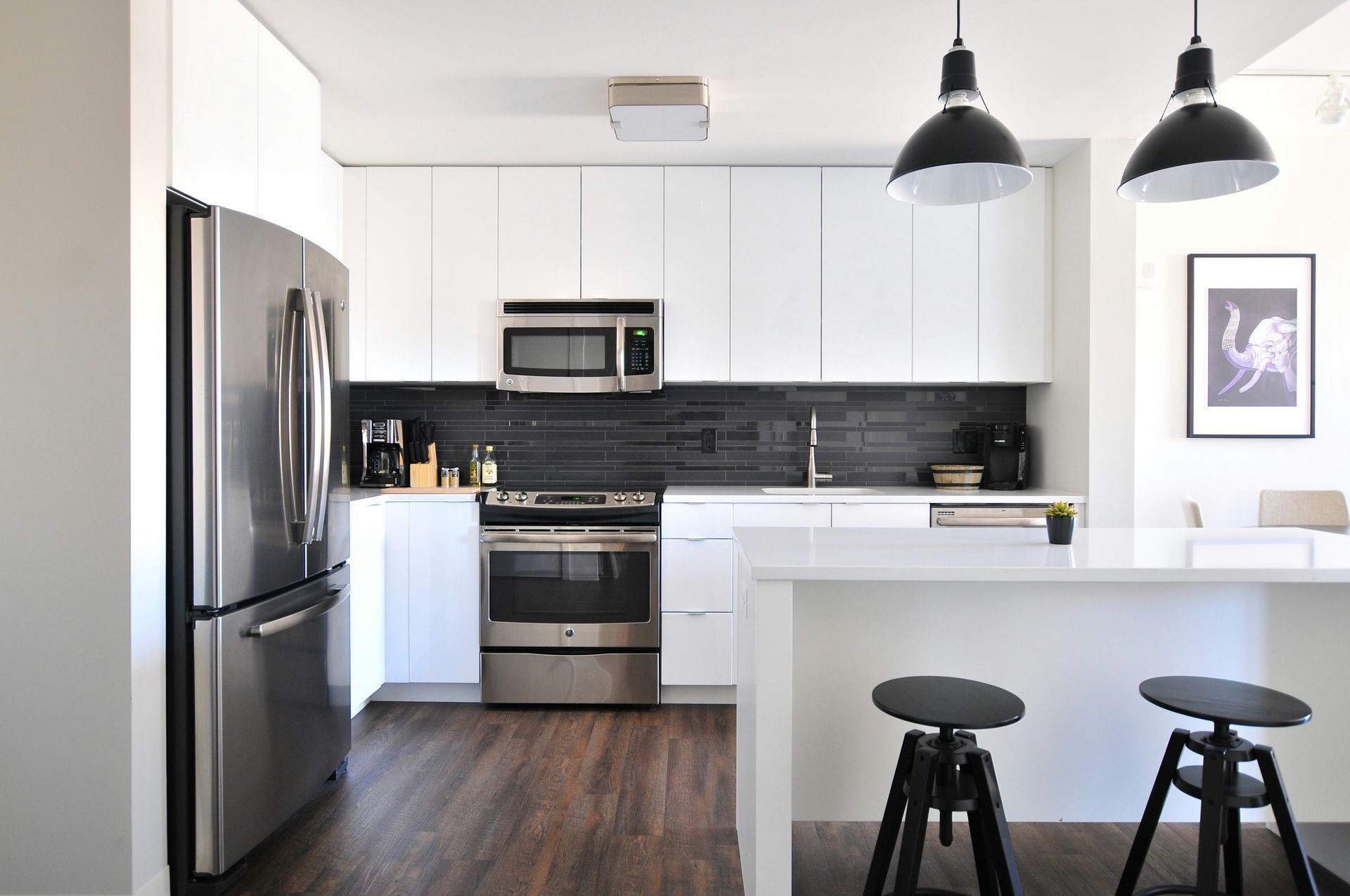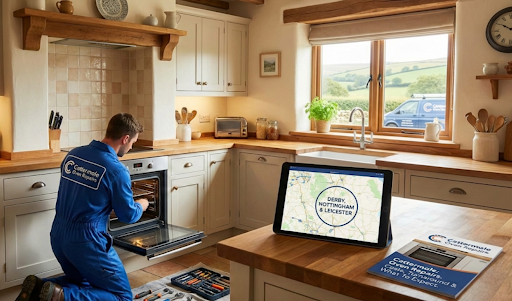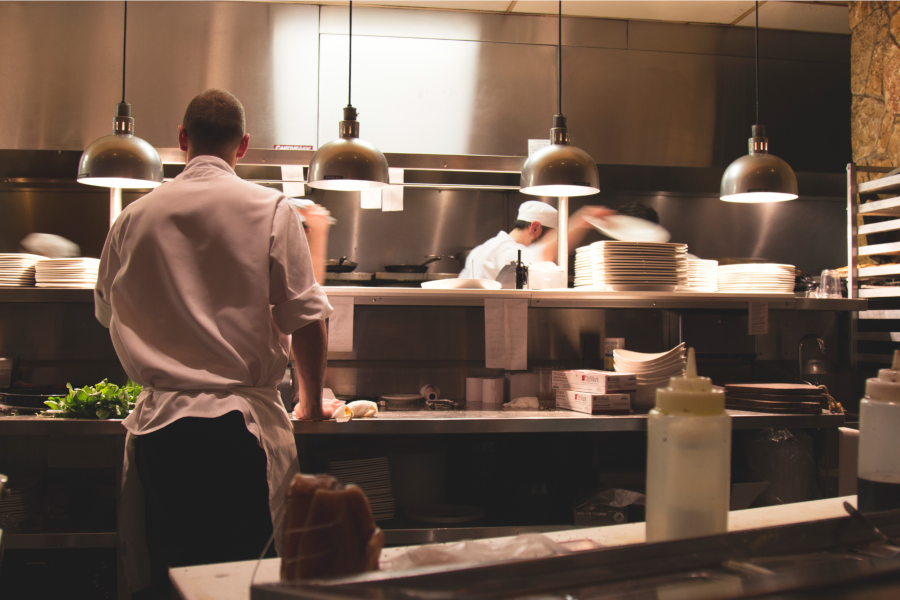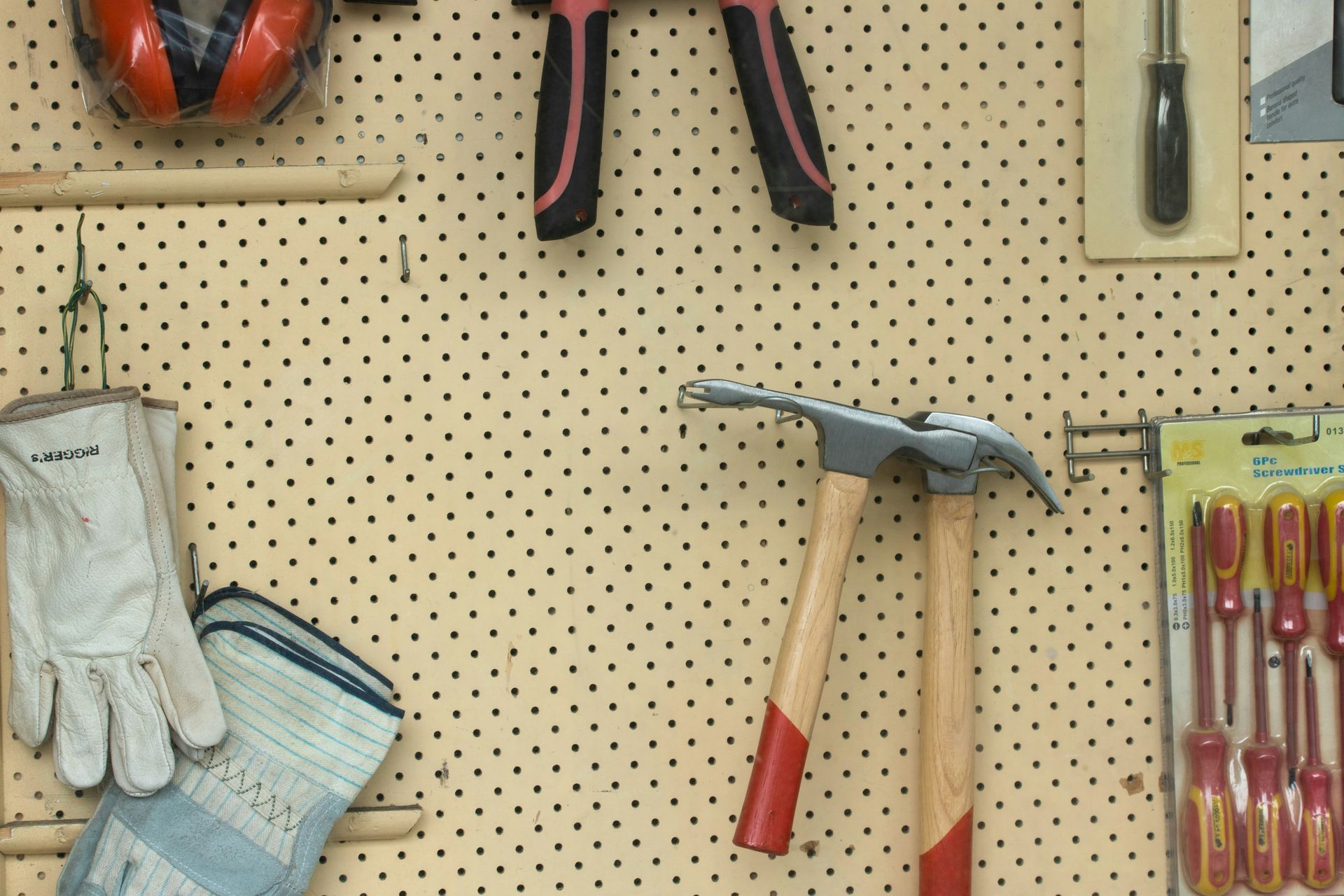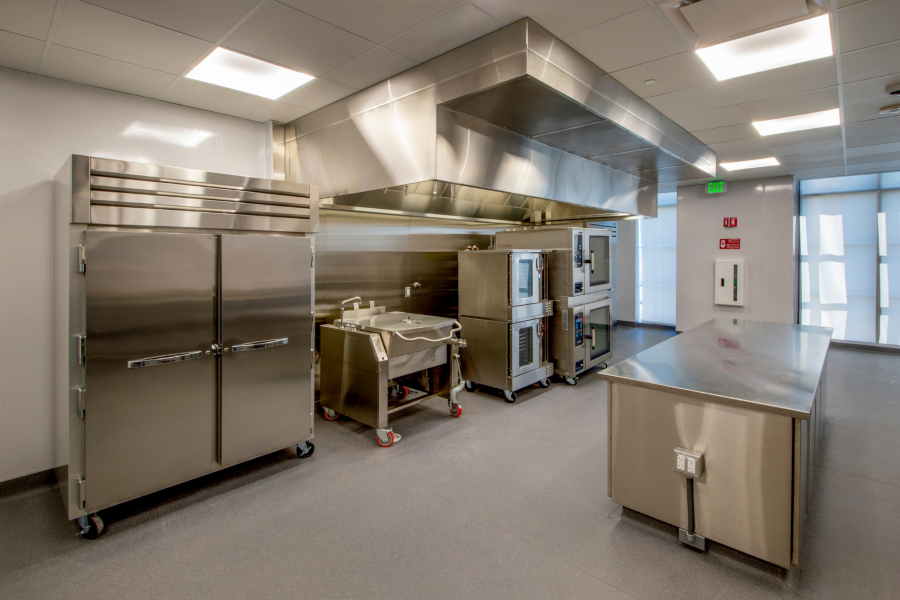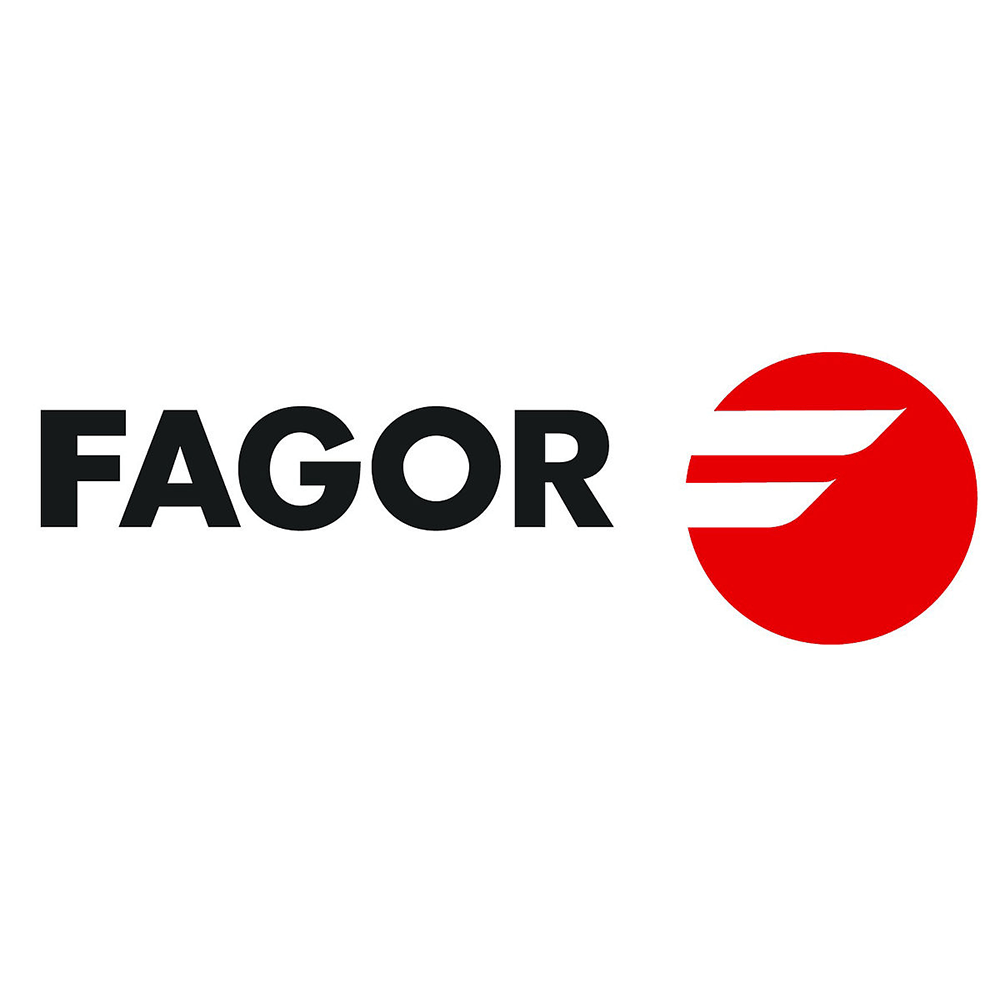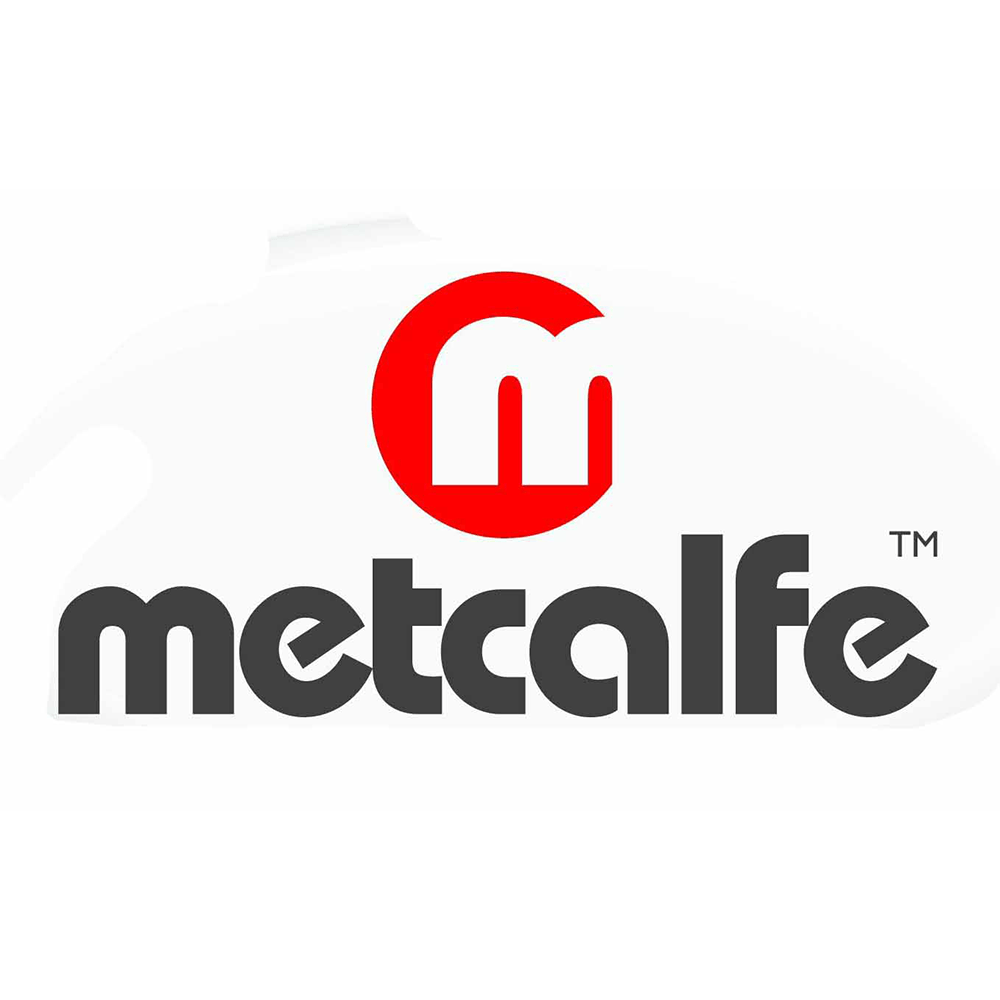Is Your Commercial Oven Acting Up? Discover When It's Time for Professional Repair
Running a bustling restaurant or bakery means your commercial oven is at the heart of your operations. When it starts to falter, it can throw a spanner in the works, disrupting your service and potentially affecting your reputation. Could that strange noise or uneven bake be a sign you're overlooking? If your oven is showing signs of distress, knowing when to call in the experts can save you from costly breakdowns and keep your kitchen humming smoothly.
Common Signs Your Commercial Oven Needs Repairs
Your commercial oven is your workhorse, tirelessly baking, roasting, and cooking to perfection. But even the most reliable equipment can show signs of wear and tear. Knowing the early warning signs can help you address issues before they escalate into costly breakdowns.
Strange noises are often the first indicator that something's amiss. A clanging or grinding sound could suggest internal issues needing immediate attention. If your oven starts singing an unusual tune, it's time to call in the professionals. Uneven cooking results can be frustrating, especially when you're striving for consistency in your dishes. This could point to faulty temperature regulation. If your pizza comes out perfect on one side but undercooked on the other, your oven might be crying out for repair. Frequent cycling on and off is another red flag, often signalling a problem with the thermostat. This not only disrupts your cooking process but can also lead to higher energy bills. It's essential to address this issue promptly to maintain efficiency. Unresponsive controls, such as buttons that don't respond or a display that flickers, usually indicate electrical faults. These issues require professional repair to prevent further damage and potential safety hazards.
Finally, visible smoke or burning smells should prompt an urgent inspection. These are serious signs that your oven needs immediate attention to prevent more severe issues.
The Importance of Regular Oven Servicing for Your Business
Regular servicing of your commercial oven is not just about avoiding costly repairs; it's a vital part of maintaining your business's continuity. A sudden breakdown can halt production, leading to lost revenue and dissatisfied customers.
By scheduling regular maintenance, you can prevent unexpected breakdowns. Regular checks ensure that your oven is running efficiently, saving on utility bills and extending its lifespan. A well-maintained oven is less likely to cause disruptions, keeping your operations smooth and your customers happy.
Timely servicing also means minor issues are caught early, before they become major headaches. Regular professional inspections can identify wear and tear, allowing you to address them proactively. This preventative maintenance saves you from more significant, costly repairs down the line.
Additionally, consistent servicing ensures your equipment complies with health and safety standards. This is crucial for avoiding penalties and maintaining your business's reputation. A well-serviced oven is a key ingredient in keeping your kitchen safe and efficient.
How to Choose the Right Professional Oven Repair Service
When it comes to repairing your commercial oven, choosing the right service provider is crucial. A reputable service provider will have a proven track record in the industry, giving you peace of mind that your equipment is in capable hands.
Look for qualified technicians
You want someone who possess certifications relevant to commercial ovens. This ensures they have the necessary knowledge and skills to handle your specific oven brand and model. The expertise of these professionals can make all the difference in the quality of repairs. Asking the right questions can help you make an informed decision and ensure your oven is in good hands.
Prompt response times
A service provider that responds quickly to your call demonstrates a commitment to customer service and can minimise your kitchen's downtime. Remember to ask about their typical response time for emergency repair calls. In the fast-paced world of food service, a quick response is crucial to minimise downtime and keep your kitchen running smoothly.
Pricing
Transparency in pricing is also key. Choose a provider with clear pricing policies to avoid surprise costs after the repair. Knowing what to expect financially allows you to budget effectively and prevents any unexpected financial strain.
Warranties
Comprehensive warranties reflect confidence in the repair work. A provider offering warranties on parts and labour shows they stand by their repairs, giving you added assurance. Inquire about any guarantees on the parts and labour provided. Guarantees offer peace of mind, assuring you that the service provider is confident in their work.
Brand knowledge
Ask about their experience with your oven's brand. Different brands have unique features, and experience with your specific make can lead to more efficient repairs. It's also important to know if they source their repair parts from original equipment manufacturers. Using genuine parts ensures compatibility and longevity, preventing recurrent issues.
Benefits of Professional Oven Servicing Over DIY Fixes
While DIY fixes might seem like a cost-saving option, professional servicing offers numerous benefits that outweigh the initial expense. Professional knowledge ensures that repairs are completed correctly and safely, reducing the risk of further damage.
Expert technicians can identify underlying issues that might be overlooked during a DIY attempt. This thorough approach prevents minor problems from escalating into major repairs. Trained technicians also have access to specialised tools required for repairs. These tools enable them to perform precise and efficient work, ensuring your oven operates at optimal performance. Professional repairs often come with guarantees that DIY fixes lack. These guarantees provide peace of mind, knowing that any further issues will be addressed without additional cost.
Moreover, professional servicing saves you time, allowing you to focus on running your business. With an expert handling the repairs, you can keep your attention on delivering excellent service to your customers.
Understanding the Role of Maintenance in Preventing Oven Breakdowns
Regular maintenance plays a vital role in preventing sudden oven breakdowns. By keeping your oven clean, you prevent the accumulation of debris that can cause malfunctions.
Routine inspections help identify wear and tear before it leads to failure. These inspections allow you to address issues proactively, avoiding costly breakdowns that disrupt your operations. A maintenance schedule reduces the risk of unexpected failures. By sticking to a regular servicing plan, you ensure your oven remains in top condition, enhancing its overall efficiency. Preventative care also maintains the quality of food service in your establishment. A well-maintained oven ensures consistent cooking, preserving the taste and quality of your dishes.
Consistent upkeep is key to maintaining a smooth-running kitchen. It ensures your equipment is ready to handle the demands of your busy business, keeping your customers happy and your reputation intact.
The Impact of a Faulty Oven on Your Restaurant's Reputation
A faulty oven can have a significant impact on your restaurant's reputation. Delayed service due to equipment issues can frustrate customers and lead to negative reviews.
Consistent quality issues, such as undercooked or overcooked dishes, can result in customer complaints and lost business. Your reputation hinges on the quality of your food, making reliable equipment essential. Unreliable equipment undermines trust in your establishment's professionalism. Customers expect consistent quality and service, and equipment failures can shake their confidence in your business. Health code violations from malfunctioning equipment can damage your credibility. Compliance with health and safety standards is vital to maintaining trust and avoiding penalties.
Investing in repairs protects your reputation and customer satisfaction. A well-maintained oven ensures consistent quality and service, keeping your customers happy and your business thriving.
Summary and Final Thoughts
Keeping your commercial ovens in top condition is essential for smooth kitchen operations, consistent food quality, and customer satisfaction. At The Cattermole Group, our trained specialists provide expert oven repairs that not only extend the lifespan of your equipment but also minimise downtime and prevent costly disruptions. Prompt repairs protect your investment, reduce safety risks, and keep your business running at its best.
Frequently Asked Questions
Is it worth getting an oven repaired?
Deciding whether to repair or replace your commercial oven hinges on several factors. Consider the age of the oven, the cost of repair, and how often it breaks down. If it's a relatively new model with a minor issue, repair could be a cost-effective solution. However, if repairs are frequent and costly, investing in a new oven might be more economical in the long run. Always weigh up the repair costs against the price of a new oven to make an informed decision.
What is the average cost to repair an oven?
Repairing a commercial oven can vary significantly in cost depending on the issue at hand. Minor repairs, such as replacing a faulty thermostat or heating element, might cost between £50 and £150. More complex problems or the need for specialised parts can push the cost upwards to £500 or more. Always get a detailed quote from a professional technician to understand what expenses are involved before proceeding with repairs.
What is the life expectancy of a commercial oven?
On average, a well-maintained commercial oven can last between 10 to 15 years. Regular maintenance and prompt repairs when issues arise can extend its lifespan. The frequency of use and the quality of the oven also play crucial roles in determining its durability. Investing in a high-quality oven and adhering to a strict maintenance schedule can ensure it serves your business reliably for many years.

